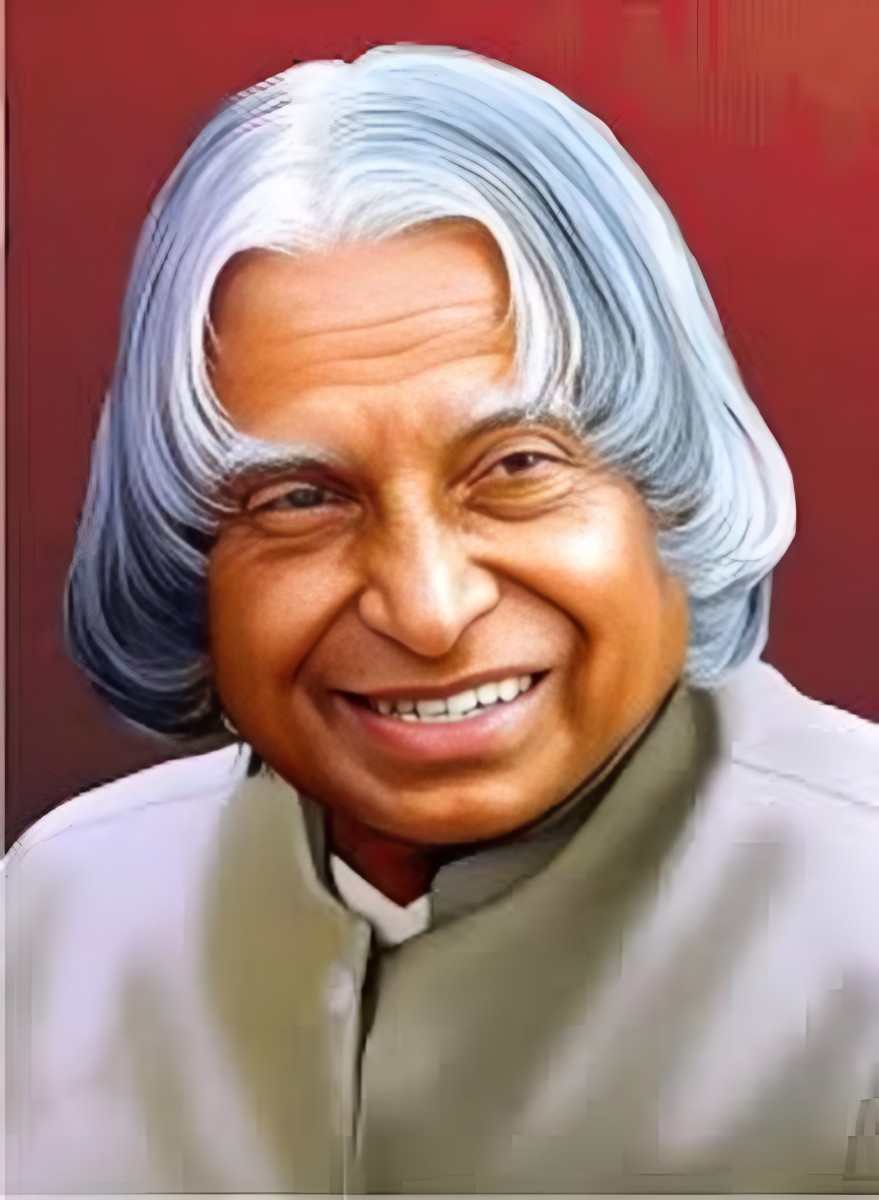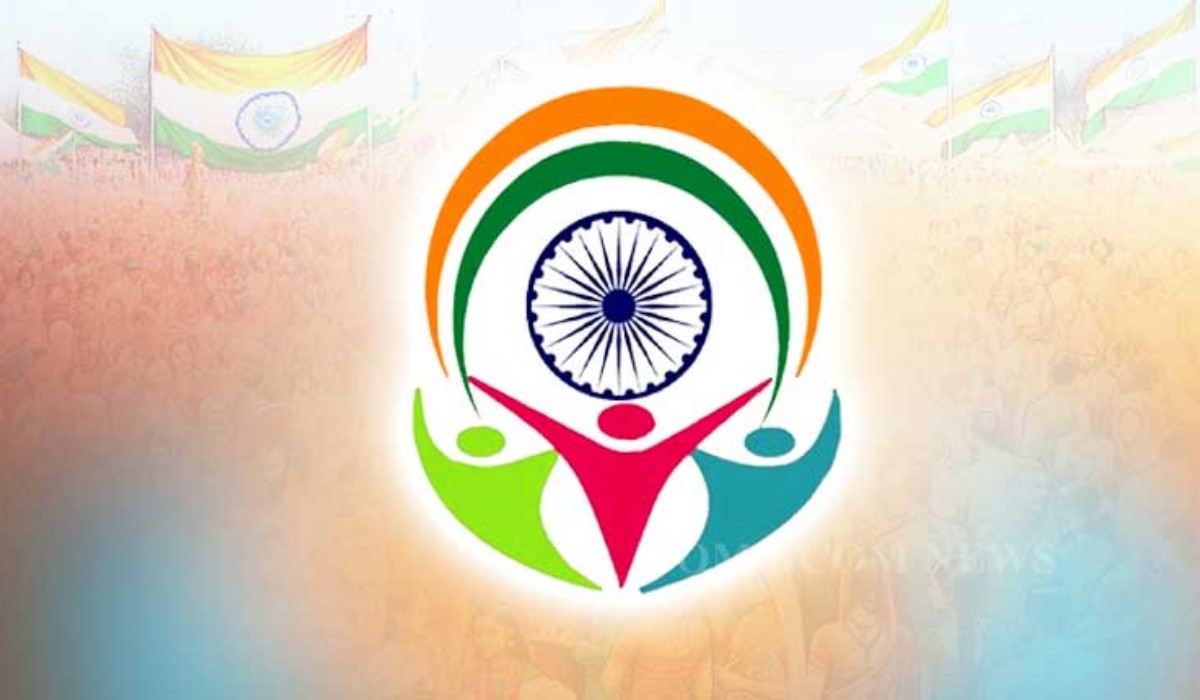Introduction
Dr. Avul Pakir Jainulabdeen Abdul Kalam, popularly known as Dr. A.P.J. Abdul Kalam, was a man of science, wisdom, humility, and unmatched dedication to India. Born on October 15, 1931, in a humble family in Rameswaram, Tamil Nadu, he rose to become one of the most respected scientists and the 11th President of India. Fondly remembered as the “Missile Man of India” for his work in defense and space technologies, he was also hailed as the “People’s President” for his close bond with the citizens, especially the youth.
Early Life and Education
Dr. Kalam was born into a poor yet spiritually rich Muslim family. His father was a boat owner and imam, while his mother was a homemaker. Despite financial struggles, Kalam was a bright and hardworking student with a deep interest in science and mathematics.
After completing school, he studied physics at St. Joseph’s College, Tiruchirappalli, and then pursued aerospace engineering at the Madras Institute of Technology (MIT). Even in his early years, Kalam dreamt of flying and serving the nation, a dream that shaped his future.
Also Read:Cloudburst in Dehradun: What It Reveals About Rising Climate Risks
Scientific Career and Contributions
Dr. Kalam began his career at the Defence Research and Development Organisation (DRDO) and later moved to the Indian Space Research Organisation (ISRO). His work contributed to some of India’s most significant scientific achievements:
- 🚀 SLV-III (Satellite Launch Vehicle-III): Under his leadership, India successfully launched its first satellite, Rohini, into orbit in 1980.
- 🔥 Integrated Guided Missile Development Programme (IGMDP): Kalam was the architect behind India’s development of missiles like Agni, Prithvi, Trishul, and Nag, earning him the nickname “Missile Man of India.”
- ☢️ Pokhran-II Nuclear Tests (1998): As the Chief Scientific Advisor to the Prime Minister, he played a key role in the successful nuclear tests that established India as a nuclear power.
His vision was always rooted in self-reliance and technological advancement for India.
The People’s President (2002–2007)
In 2002, Dr. Kalam became the 11th President of India, with massive support across political lines. His presidency was unlike any before:
- He connected with people, especially students and young minds, through speeches, letters, and visits to schools.
- He refused to remain a ceremonial head, often questioning and guiding policies with moral clarity.
- Kalam stayed in touch with his scientific roots, constantly advocating for education, innovation, and youth empowerment.
Even after leaving office in 2007, he remained active in public life, visiting educational institutions and continuing to inspire millions.
Philosophy and Vision for India
Dr. Kalam believed in the power of youth and education to transform the nation. His vision was outlined in his famous works:
- 📘 Wings of Fire – His autobiography, detailing his journey from Rameswaram to Rashtrapati Bhavan.
- 📘 Ignited Minds – A call to youth to rise above mediocrity and work towards nation-building.
- 📘 India 2020: A Vision for the New Millennium – A roadmap to transform India into a developed nation.
He strongly believed that “dreams are not what you see in sleep, dreams are those that do not let you sleep.”
Abdul kalam Legacy and Impact
Dr. Kalam passed away on July 27, 2015, while delivering a lecture at IIM Shillong — a true teacher till his last breath.
His legacy is more than his achievements. It lies in the millions of students he inspired, the values he lived by, and the vision he set for the nation. In his honor, October 15 is celebrated as World Students’ Day, a rare recognition by the United Nations.
Numerous institutions, scholarships, and awards have been named after him, ensuring his ideals continue to live on.
Conclusion
Dr. A.P.J. Abdul Kalam remains a symbol of hope, inspiration, and patriotism. He proved that with hard work, humility, and dedication, one can rise from any background to serve the nation at the highest level. A scientist, a visionary, a teacher, and above all, a true Indian — Dr. Kalam’s life is a shining example of what it means to live for others.
Let us honor his legacy by educating ourselves, dreaming big, and working hard to build the India he envisioned.
Also Read : Nitin Gadkari Major Warning After Operation Sindoor: ‘World War III Could Erupt Anytime











